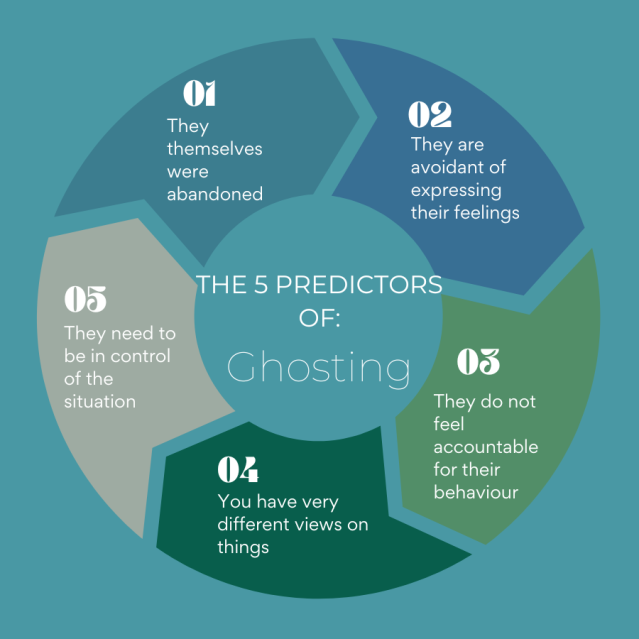The Psychology Behind Ghosting: Understanding the Impact on Relationships

Ghosting, the act of abruptly cutting off communication with someone without any explanation, has become increasingly common in today's dating and social landscape. This phenomenon can have a profound impact on the mental and emotional well-being of those who experience it, leaving them feeling confused, hurt, and rejected. To truly understand the implications of ghosting, it's essential to delve into the psychology behind this behavior and explore how it affects relationships.
The Psychology of Ghosting
1. Fear of Confrontation
- Ghosting often stems from a fear of confrontation or conflict. Rather than facing an uncomfortable conversation or potentially hurting someone's feelings, individuals may choose to simply disappear.
2. Instant Gratification Culture
- In today's fast-paced digital world, instant gratification is highly valued. Ghosting allows individuals to quickly and easily disconnect from someone without having to invest time or effort in a difficult conversation.
3. Lack of Empathy
- Some individuals may ghost others due to a lack of empathy or consideration for the other person's feelings. They prioritize their own comfort and convenience over the impact it may have on the other person.
The Impact of Ghosting on Relationships
1. Emotional Distress
- Being ghosted can trigger feelings of rejection, abandonment, and inadequacy in the person who has been cut off. This can lead to a decline in self-esteem and confidence.
2. Trust Issues
- Experiencing ghosting can make it challenging for individuals to trust others in future relationships. They may become guarded and hesitant to open up emotionally for fear of being hurt again.
3. Communication Breakdown
- Ghosting can result in a breakdown of communication skills and conflict resolution abilities in relationships. When individuals resort to ghosting instead of addressing issues directly, it prevents the opportunity for growth and understanding.
Coping with Ghosting
1. Self-Reflection
- Take the time to reflect on the experience and process your emotions. Understand that ghosting is a reflection of the other person's behavior and not a reflection of your worth.
2. Seek Support
- Reach out to friends, family, or a therapist for support and guidance. Talking about your feelings can help you make sense of the situation and move forward.
3. Set Boundaries
- If someone has ghosted you, it's important to set boundaries and prioritize your own well-being. Avoid reaching out to them repeatedly or seeking closure that may never come.
Conclusion
Ghosting is a complex phenomenon that can have lasting effects on individuals and their relationships. By understanding the psychology behind ghosting and its impact, we can work towards creating healthier communication patterns and fostering more meaningful connections with others. Remember that if you have been ghosted, it is not a reflection of your worth, and you deserve to be treated with respect and honesty in all your relationships.
Leave a Reply